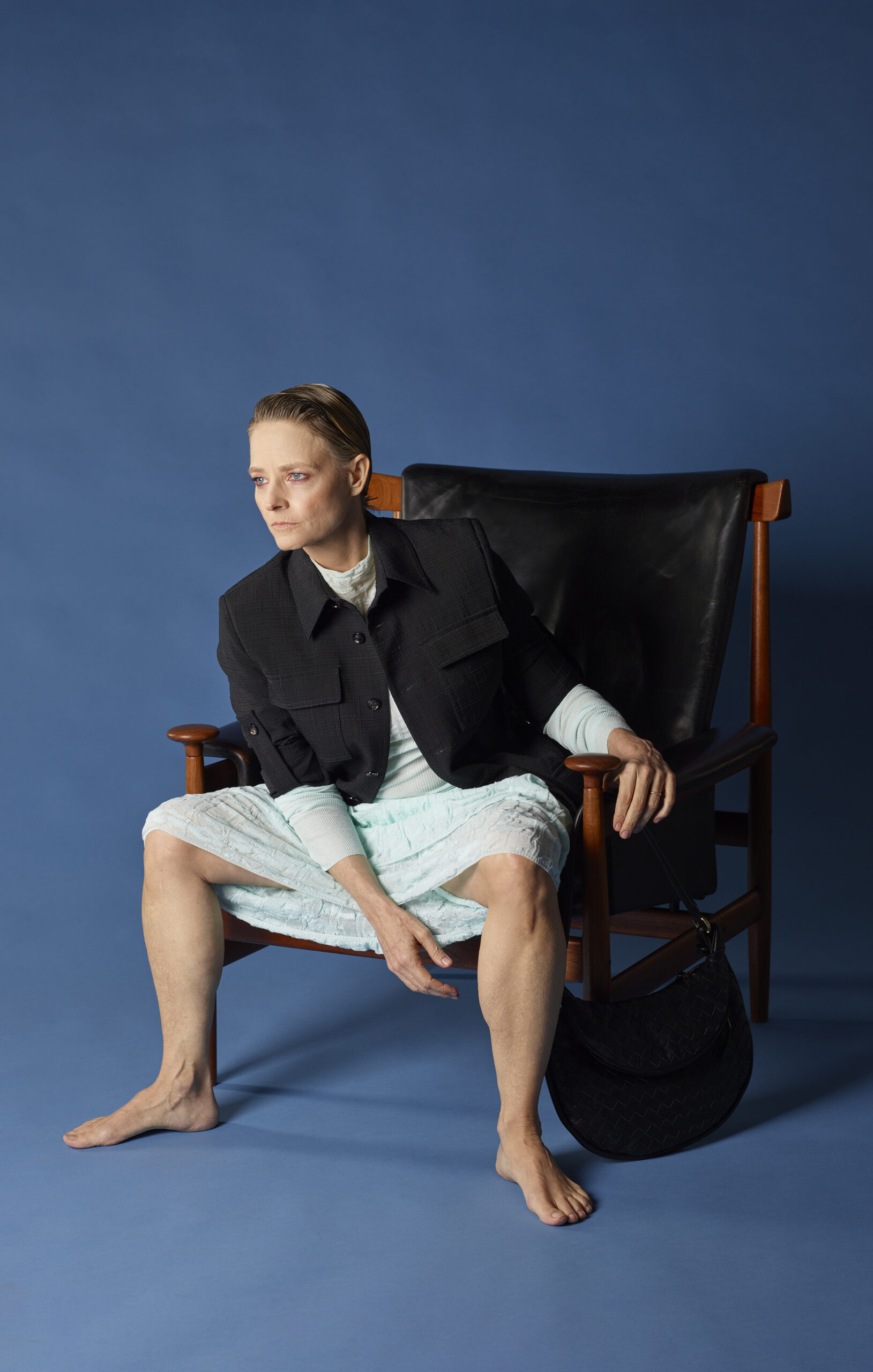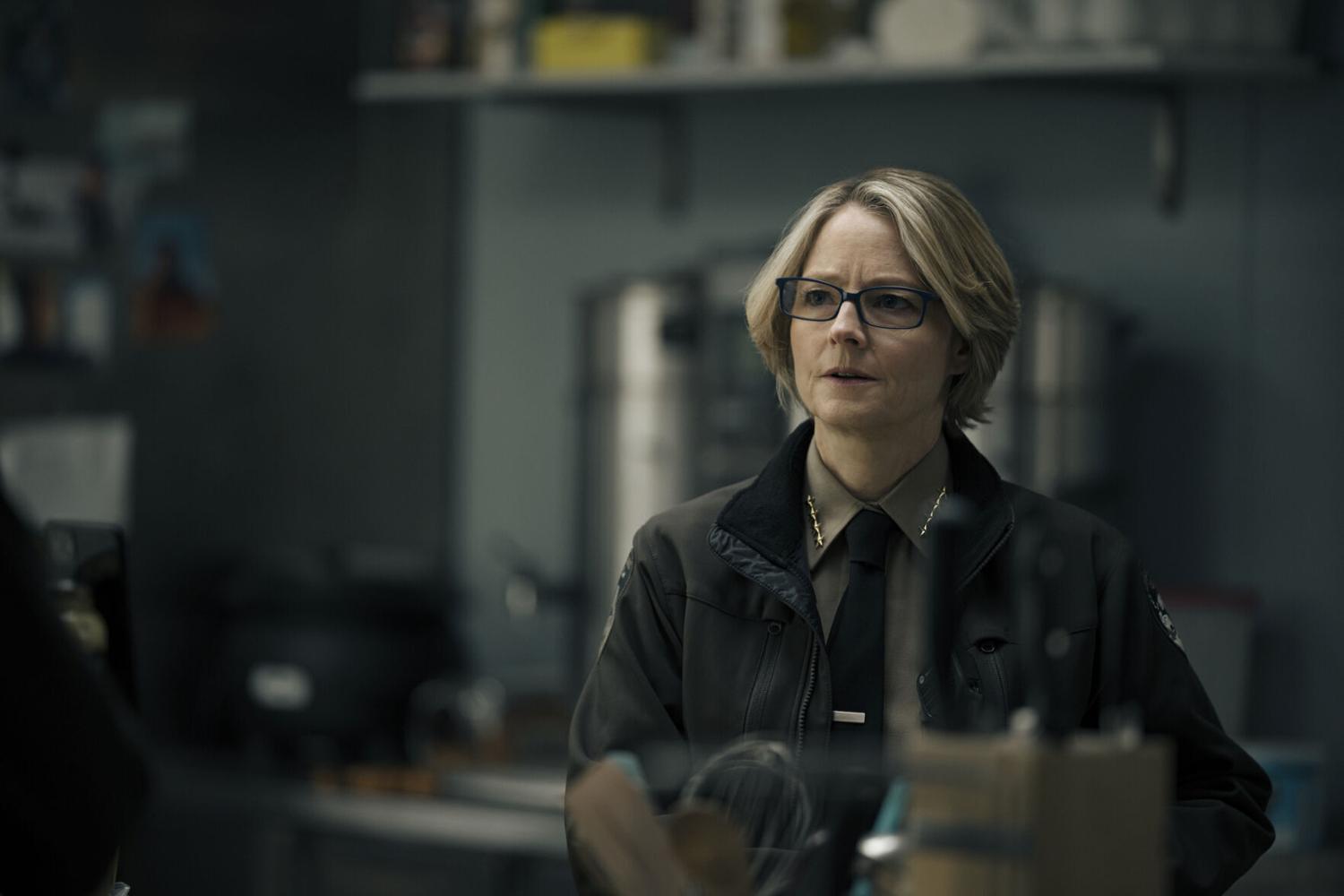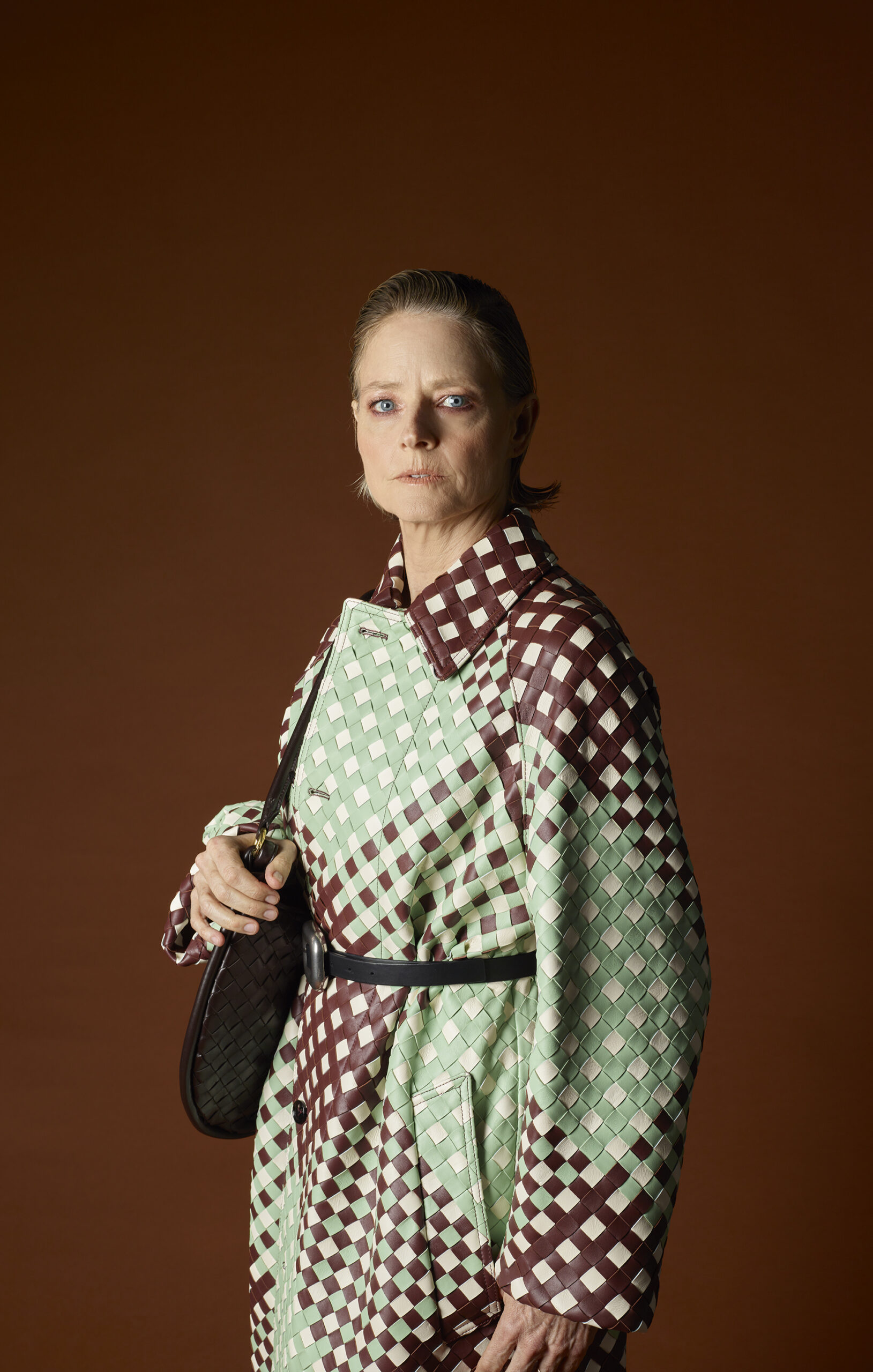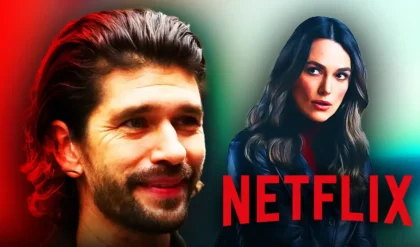It’s always fun to ogle the actors and gorgeous dresses, watch movie clips and see how the Golden Globes make up for Oscar nomination snubs — Ben Affleck got totally overlooked by the Academy Awards for Argo, but he won the Golden Globe for best movie and best director.
Just like Next Avenue’s articles editor, John Stark, I did some serious movie viewing over the holiday season and was delighted both by the high quality of the new releases and the fact that so many of them were “age appropriate” — they acknowledged and dealt realistically with the issues of older life and relied on remarkable performances by 50+ actors.
But Jodie Foster’s acceptance speech for the Cecil B. Demille Lifetime Achievement Award, presented at the Golden Globes by Robert Downey Jr., matched the films’ sincerity and caliber — and, like many of them, also packed an emotional wallop. The presentation of this award is always accompanied by an abundance of film clips that capture compelling signature moments of the actor’s oeuvre and this one was no exception.
When Foster took her place at the podium, I saw a beautiful, blue-eyed woman whose appearance belies five decades of living and an actress whose stellar performances etched their way into our imaginations by punctuating our collective trajectories with heroic female role models. And I heard someone whose down-to-earth words could serve as a roadmap for how to live after 50 and at any age.
It should come as no surprise that what is good advice for those who are 50 and older is also good advice for those who are younger.
Here’s my interpretation of Foster’s guidance:

1. Don’t be afraid to claim your age; own it and the body that goes with it. She started off her speech by announcing “I’m 50! I’m 50!,” setting the stage for heartfelt resolutions about how to live life in the second stage of adulthood. She had a light-hearted view of her age and quipped, “You know, I was going to bring my walker tonight but it just didn’t go with the cleavage.”
2. Be exceptionally grateful all the time, especially for those who are often unsung — and tell them often. We’re all used to award recipients ticking off a long-winded list of people we’ve never heard of who need to be thanked. And it’s usually OK because their citations give “mere mortals” more time to study their great bods, clothes and jewels and imagine that we’re a part of their glamorous lives.
But Foster offered her deepest thanks to crew members and thereby reminded us that some of our most intimate relationships are with those who aren’t in the spotlight but who make our place in it possible and help us shape meaningful memories through gestures both small and large by what they do on a daily basis.
3. Live honestly and openly while protecting what is most precious to you. Striking the delicate balance between being forthright enough to honor who you truly are (and further the cause of allowing no one to prevent you from expressing your essence) and insular enough to protect what you value is hard enough for a non-celebrity to pull off. For stars, it is a nearly impossible task.
Foster has been open about who she is while being fiercely protective of her right to live her personal life in private. “Now I’m told, apparently, that every celebrity is expected to honor the details of their private life with a press conference, a fragrance and a prime-time reality show,” she said. “You know, you guys might be surprised, but I am not Honey Boo Boo Child. No, I’m sorry, that’s just not me. … If you’d had to fight for a life that felt real and honest and normal against all odds, then maybe you too might value privacy above all else.”
4. “Love people and stay beside them.” As Foster said, over time the emotional underpinnings of our love bonds and the way we express our relationships is transformed.
I believe that if, at some point, I crossed a person’s path and one or both of us were able to grace the other with love, that fact needs to be respected since it was once an enormous gift. Foster suggests we should always remember and acknowledge love, even if the way in which we manifest the connection must change.
Her mother has Alzheimer’s disease and, from the podium, Foster spoke the three words that matter most to her mom, suggesting that whether the person to whom you’re saying them can hear them or not, you must still say them if you feel them.

These words are critical for preserving and expanding your own humanity. “Mom, I know you’re inside those blue eyes somewhere and that there are so many things that you won’t understand tonight,” Foster said. “But this is the only important one to take in: I love you, I love you, I love you. And I hope that if I say this three times, it will magically and perfectly enter into your soul, fill you with grace and the joy of knowing that you did good in this life.”
5. Embrace change and keep moving forward, even if you’re scared. “I may never be up on this stage again, on any stage for that matter,” Foster said. “Change, you gotta love it. I will continue to tell stories, to move people by being moved, the greatest job in the world. It’s just that from now on, I may be holding a different talking stick.” Foster has publicly stated that she wants to move away from acting. She may or may not be clear about what her next step is or what impact it is likely to have — “Maybe it will be so quiet and delicate that only dogs can hear it whistle,” she said last night — but she is ever so clear that she will pursue a different track and just put one foot in front of the other.
6. Do everything you can to fuel friendship, connection and togetherness. Foster told John Hiscock for his 2011 article in The National that her mother “spent years and years alone because she never remarried after my father left and she raised us by herself. She used to say: ‘I’m an only child so I prefer to be alone’ and she didn’t keep up with her friends. … I guess it’s all about a desire to have a solitary experience, matched with the fear of being alone and then being alone as you get older. That’s a fear I definitely carry with me.”
In her speech last night, the actress said while talking about her next step that it would be “my writing on the wall: Jodie Foster was here, I still am and I want to be seen, to be understood deeply and to be not so very lonely.”

The health risks of loneliness have been well-established by scientific studies. And aloneness may be one of the most predominant fears of older age. We should therefore resist any and all forces that would shrink our world and instead work harder to build new friendships and bonds. It seems likely that Jodie Foster would prefer not to follow in the asocial footsteps of her mother.





